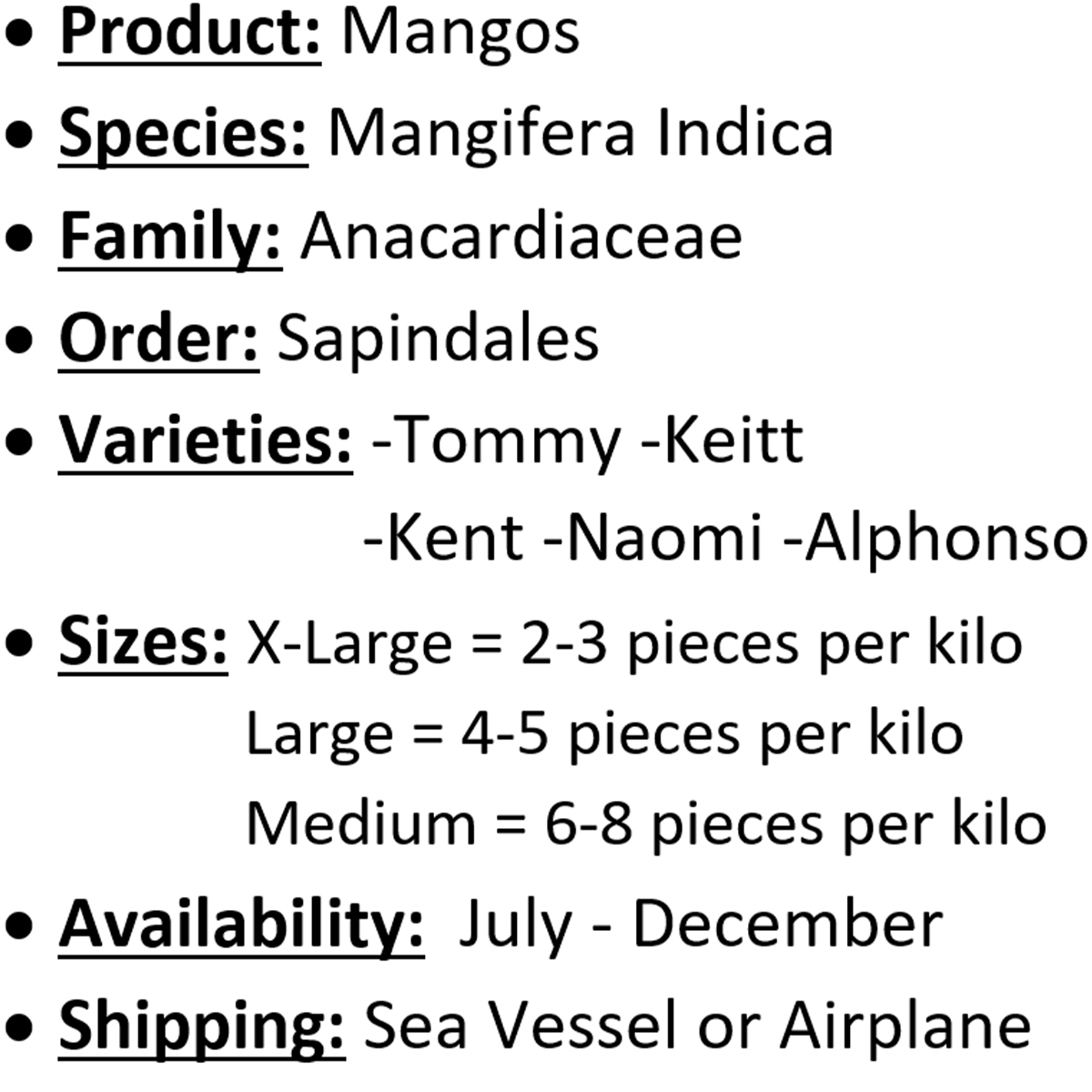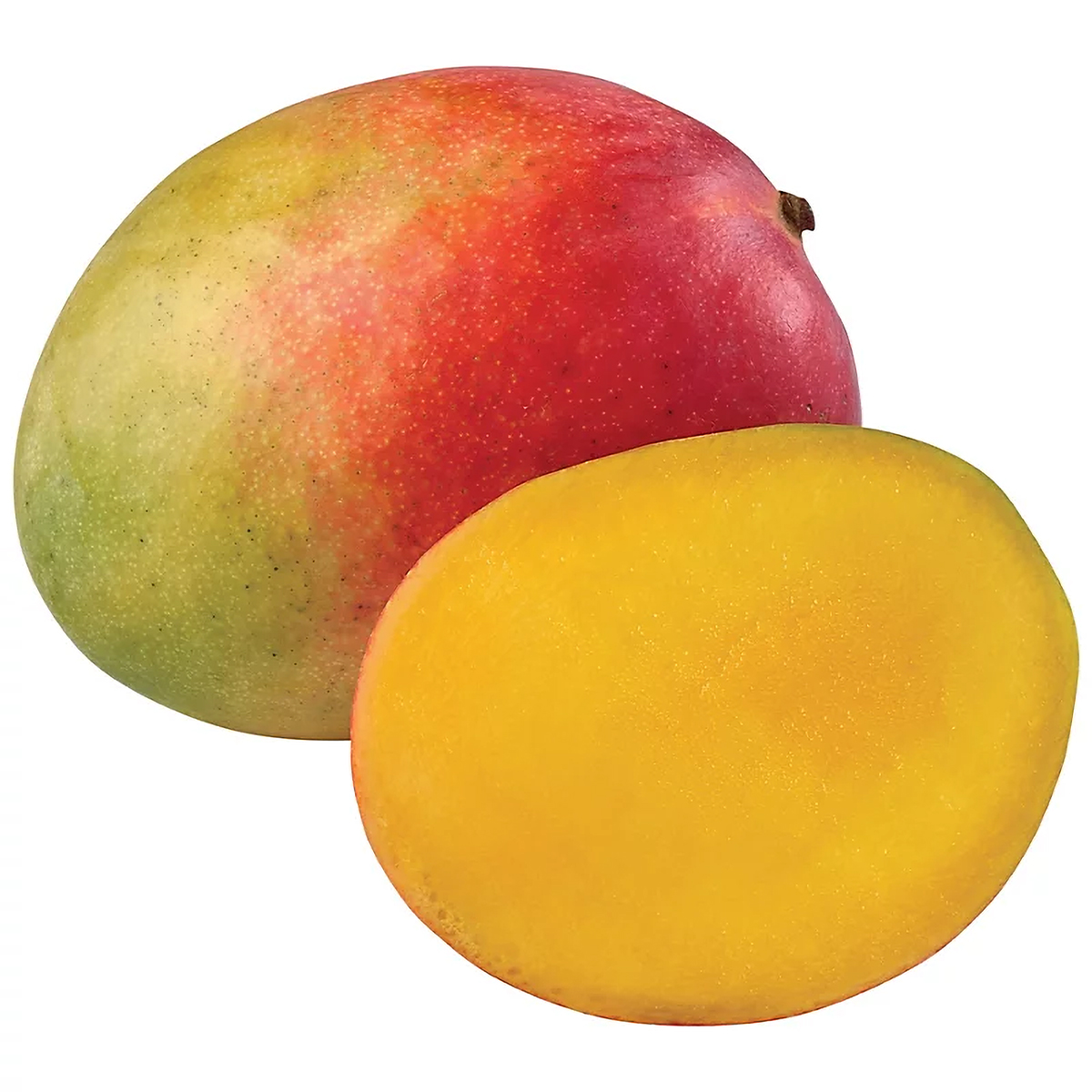

Mangos are a diverse and valuable agricultural crop which have rapidly flourished and spread globally over the past century. Their resilience, diversity, and excellent nutritional value have improved countless lives and nourished billions of consumers around the world.
Interestingly, Mangos are members of the Anacardiaceae family (otherwise known as the cashew family of plants). They are genetically similar to pistachio and cashew producing cultivar species, which might explain their high vitamin E content for being a fruit. Additionally, they also provide a wide array of unique phytonutrient plant compounds as well; such as the unique and powerful xanthon type of polyphenol called mangiferin, plus a variety of various other valuable carotenoid phytochemicals such as b-cryptoxanthin, violaxanthin, and auroxanthin.
Mangos in Egypt provide exceptional value for their quality due to the advantageous climate conditions offered by the nile deltas agricultural farm lands. Given the mango trees specific irrigational requirements for having controlled quantities of water accompanied by long periods of dry weather, Egypts mango farmers are in a good position to provide the adequate growth conditions necessary for consistently harvesting high quality fruits.
Taxonomically, mangos are the reproductive fruits of the Mangifera Indica species in the family anacardiacea, within the order of Sapindales, under the class of Rosidae.
